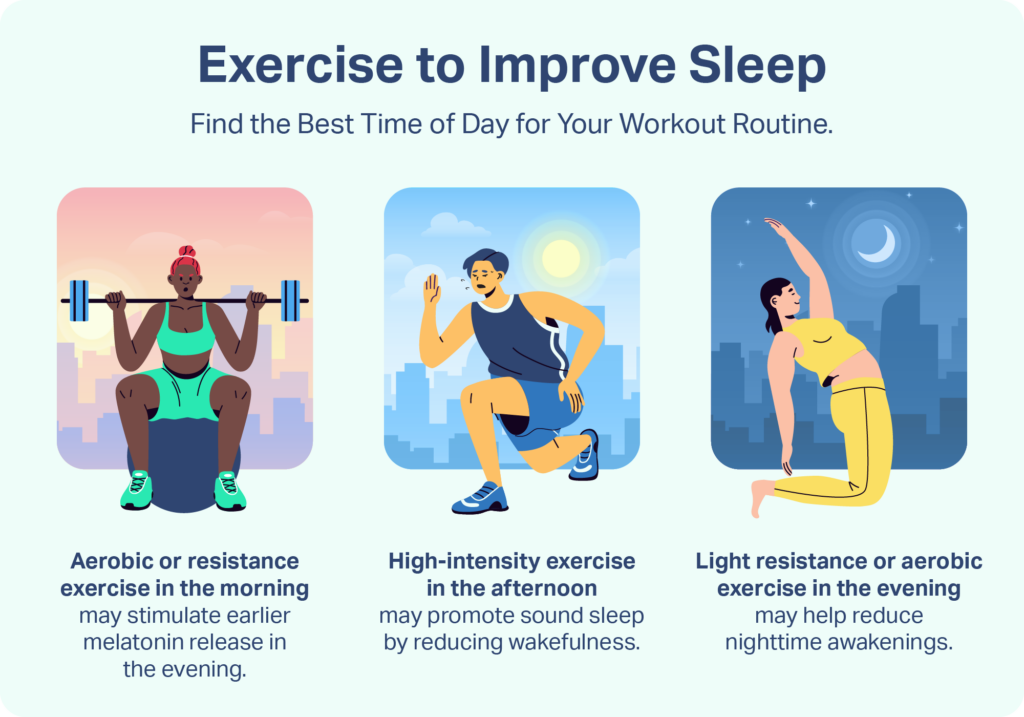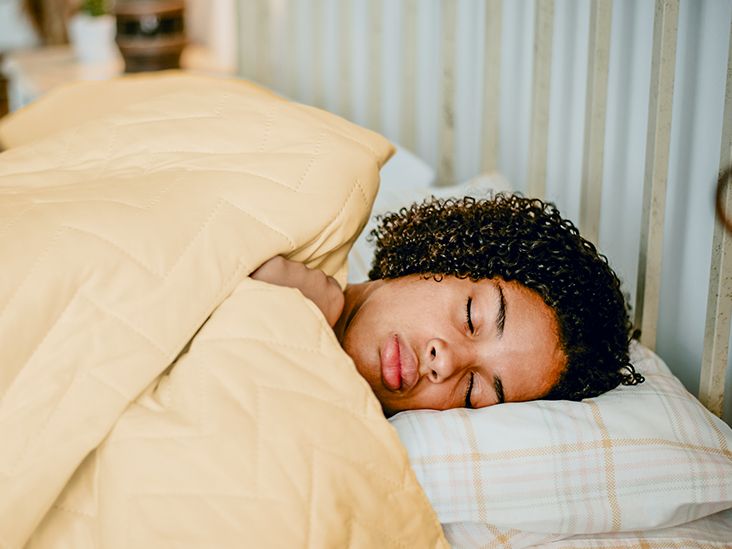Falling asleep quickly and easily is something that many people strive for. After all, a restful night’s sleep is crucial for overall well-being. However, the time it takes to drift off to dreamland can vary from person to person.
It’s normal for individuals to take about 10 to 20 minutes to fall asleep once they are in bed. This is often referred to as sleep latency. If you find yourself regularly taking longer than 20 minutes to fall asleep, or if you’re struggling with sleep onset insomnia (difficulty falling asleep), it’s worth exploring strategies to promote better sleep.
Factors Affecting How Long It Takes to Fall Asleep
Several factors can influence the time it takes to fall asleep. Stress, anxiety, caffeine intake, electronic device usage before bedtime, and an uncomfortable sleep environment are just a few examples.
| Factors influencing sleep onset: | Stress | Anxiety | Caffeine intake |
|---|---|---|---|
| Technology usage | Sleep environment |
Optimal Sleep Duration
Adults need an average of 7 to 9 hours of sleep per night for optimal health and functioning during the day. Children and teenagers typically require more sleep. Knowing your individual sleep needs and maintaining a consistent sleep schedule can help regulate the time it takes for you to fall asleep.

Credit: www.sleepfoundation.org

Credit: www.healthline.com
Tips for Falling Asleep Faster
- Establish a relaxing bedtime routine
- Avoid electronic devices before bed
- Limit caffeine and alcohol intake
- Ensure a comfortable sleep environment
- Consider incorporating relaxation techniques
- Seek professional help if experiencing persistent sleep difficulties
When to Seek Help
If you consistently struggle to fall asleep, experience excessive daytime sleepiness, or have other symptoms of a sleep disorder, it’s essential to consult a healthcare professional. Conditions such as insomnia, sleep apnea, and restless leg syndrome can significantly impact sleep quality and overall well-being.
The Importance of Quality Sleep
Recognizing the significance of sleep and the factors that affect falling asleep is crucial for maintaining good health. By prioritizing good sleep habits and seeking appropriate support when needed, individuals can improve their ability to fall asleep within a reasonable timeframe and enjoy the benefits of quality rest.
In Conclusion,
Understanding the duration it should take to fall asleep and the factors that influence this process can help individuals take proactive steps to enhance their sleep quality. By implementing healthy sleep practices and knowing when to seek professional guidance, people can work towards achieving better sleep and overall well-being.
Frequently Asked Questions On How Long Should It Take To Fall Asleep? Discover The Optimal Duration
How Long Does The Average Person Take To Fall Asleep?
On average, it takes around 10 to 20 minutes for the average person to fall asleep. Factors such as age, stress levels, and sleep environment can influence this time.
Is It Normal To Take Longer To Fall Asleep?
Yes, it is normal for some individuals to take longer to fall asleep. Factors such as anxiety, caffeine consumption, and sleep disorders can contribute to difficulty falling asleep.
What Can Cause Difficulty Falling Asleep?
Difficulty falling asleep can be caused by various factors including stress, anxiety, caffeine intake, an uncomfortable sleep environment, certain medications, and sleep disorders such as insomnia.
How Can I Fall Asleep Faster?
To fall asleep faster, establish a consistent sleep schedule, create a relaxing bedtime routine, limit exposure to screens before sleep, ensure a comfortable sleep environment, and consider relaxation techniques like deep breathing or meditation.
Leave a Reply